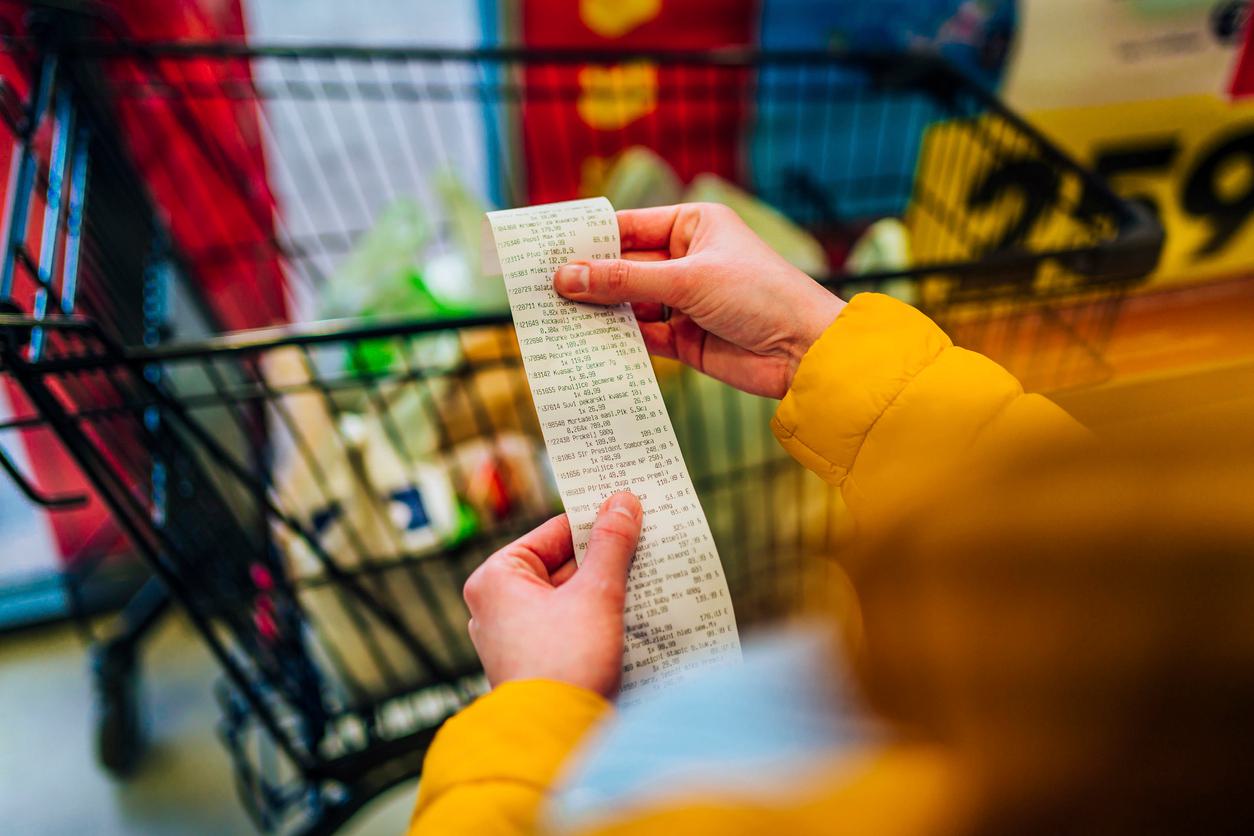Determining which foods to include in a tax reduction or elimination plan may be the first step in altering Alabama's grocery tax.
One proposal would use the Women, Infants, and Children (WIC) program's definition of food. Another possible proposal will use the Supplemental Nutrition Assistance Program (SNAP) program definition.
WIC's definition includes eggs, milk, canned fish, juice, cheese, yogurt, fruits, vegetables and whole grain bread.
The SNAP definition includes more foods, including fruits and vegetables; meat, poultry and fish; dairy products; bread and cereals; other foods, such as snack foods and non-alcoholic beverages, according to the United States Department of Agriculture.
Lt. Gov. Will Ainsworth told 1819 News on Thursday, "When it comes to providing tax relief, I believe we should be as generous as circumstances allow."
"As I have noted, any grocery tax repeal must be fiscally responsible, include safeguards to ensure classroom education dollars are protected, and incorporate roadblocks to prevent cities and counties from nullifying the effort by raising local taxes on groceries," Ainsworth said.
House Minority Leader Anthony Daniels (D-Huntsville) said on Alabama Public Television's "Capitol Journal" last week, "[T]here's also a slight difference in opinion on what this grocery tax should look like."
"We're more interested and supportive of the SNAP definition," Daniels added. "There's already a precedent for that, a baseline for that. It would not require local businesses, grocery stores to be able to change their system because they already have a system in place where they're accepting SNAP benefits. The formula is already in place. From an infrastructure standpoint, it wouldn't require any additional purchasing or investments in those grocery stores to make those investments. For me, I'd like to see more the SNAP definition than the WIC definition. I know that the WIC definition is also being considered. A bill is being dropped on using the WIC definition."
Daniels didn't return a request for comment from 1819 News on Thursday.
State Rep. Chris Pringle (R-Mobile) said in an interview with Mobile radio FM Talk 106.5's "Midday Mobile" on Wednesday, "What they're talking about now is taking tax off everything" regarding groceries."
"Soft drinks, ice cream, candy, potato chips, snacks … all the stuff that's killing us," he added.
State Sen. Arthur Orr (R-Decatur), who chairs the State Senate's Education Budget Committee, told 1819 News in March that he'd be introducing legislation that, if passed, would gradually decrease the now 4-cent state sales tax on groceries for foods deemed "essential" by WIC.
Orr said on "The Dale Jackson Show" recently that lost state revenue annually from repealing the sales tax on groceries with the WIC definition would be "about $250 million," and the SNAP definition would be "well over $600 million."
The state currently has an approximately $3 billion surplus. Alabama has the fourth-highest state and local combined sales tax rate in the nation. Alabama's state sales tax rate is the 40th-highest in the nation at 4%. However, the average sales tax rate levied by local governments is the highest in the nation at 5.25%. Alabama is one of just a few states that taxes groceries at the full state sales tax rate.
To connect with the author of this story or to comment, email caleb.taylor@1819News.com.
Don't miss out! Subscribe to our newsletter and get our top stories every weekday morning.










